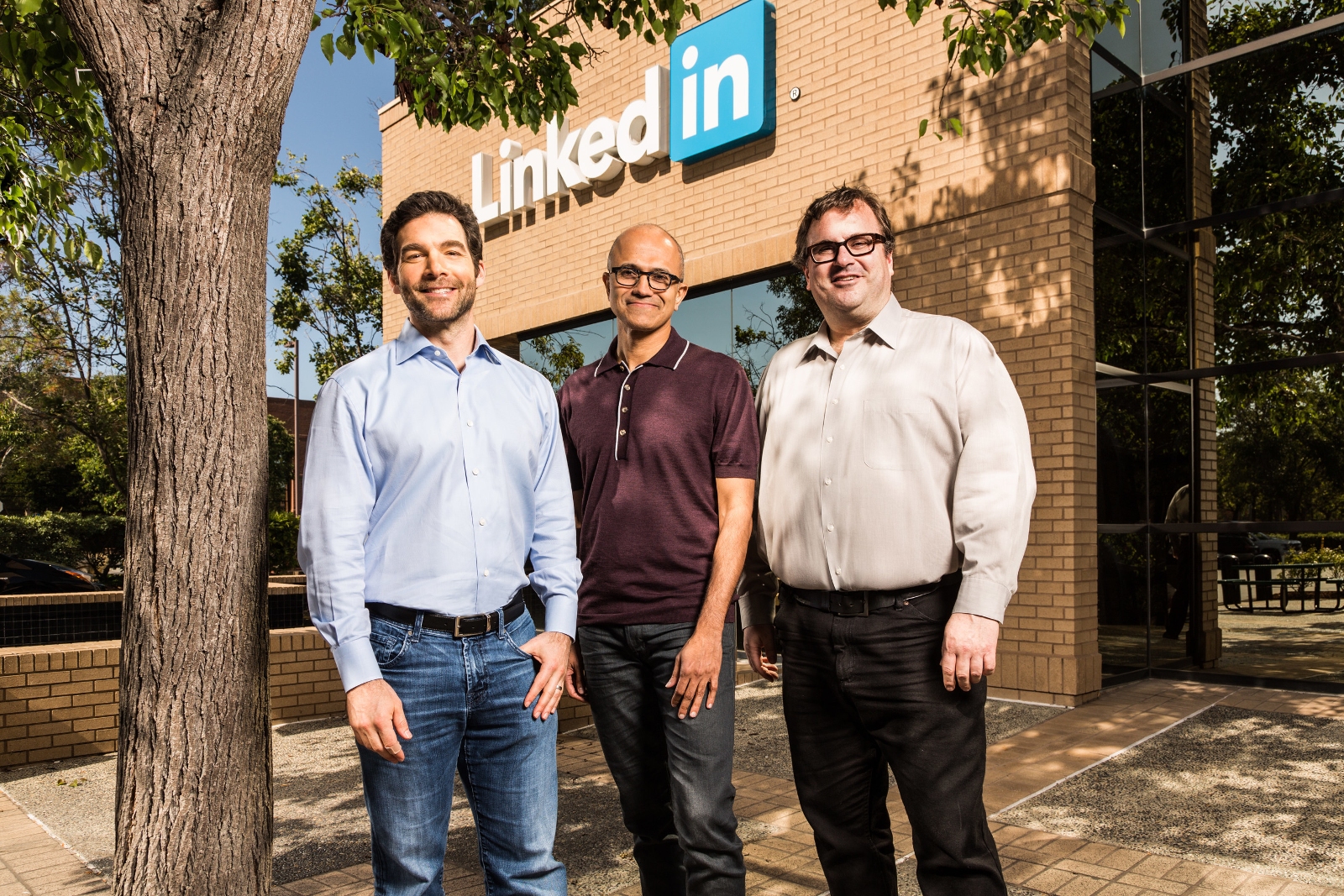Roach Interactive, an Independent Game Development Studio,
I remember studying about cockroaches, or Roaches as they are popularly referred to, way back in high school. Did I like them? No, I did not. Did they creep me out? Yes, they did. Haven”t really given them another thought until I met and spoke to Rahul Sehgal, the founder


